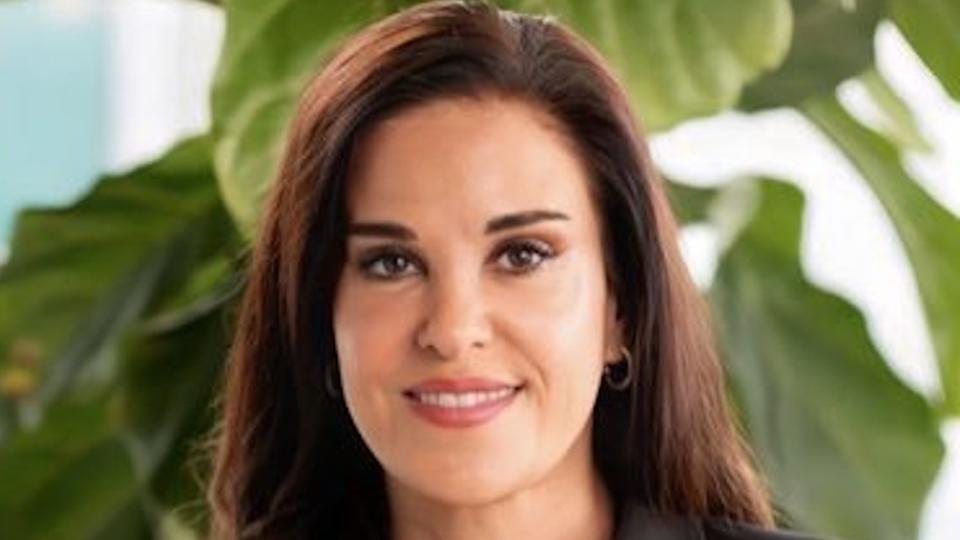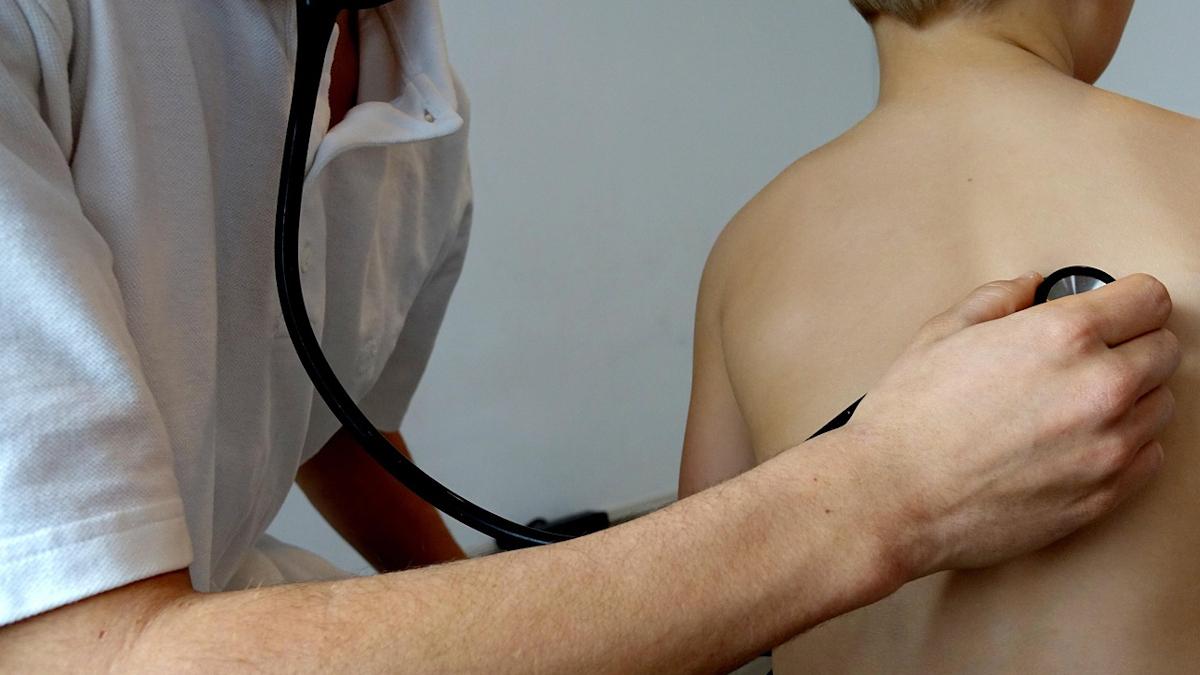Ex-Karuna team launch Seaport with $100m for psychiatry meds

Karuna founder Daphne Zohar, now CEO of Seaport Therapeutics
The team that brought you Karuna – recently sold to Bristol-Myers Squibb for $14 billion – has set up a neuropsychiatry-focused biotech called Seaport Therapeutics.
Karuna co-founder Daphne Zohar has been named as chief executive of Seaport, while Steve Paul, formerly CEO and chair of Karuna, is serving as chair of the Boston-based start-up, which has been launched by PureTech Health. It has emerged less than a month after BMS completed the Karuna takeover.
Seaport emerges with $100 million in funding from a Series A – backed by ARCH Venture Partners, Sofinnova Investments, and Third Rock Ventures – which will be used to advance a clinical-stage pipeline of neuropsychiatric medicines created and initially developed internally at PureTech.
Zohar was formerly CEO of PureTech, and following the move to Seaport her position at the company has now been filled by Bharatt Chowrira.
Commenting on the new move, Zohar said: “I'm excited to take the helm of Seaport and to work with my Karuna co-founder Steve Paul again, together with a stellar team and syndicate as we chart a proven path to help patients living with neuropsychiatric disorders.”
The new company has been set up around a drug discovery developed in the lab of Professor Chris Porter at Monash Institute of Pharmaceutical Sciences (MIPS) in Australia. Called Glyph, it is used to design drugs that avoid so-called ‘first-pass metabolism’ for orally-administered drugs, which results in a large proportion of a dose broken down by the liver before it reaches the bloodstream.
Glyph drugs are designed to be absorbed through the lymphatic system, avoiding the liver, in a similar way to dietary fats. Seaport’s compounds are linked to fat molecules to piggyback on this process, which should improve their oral bioavailability. Once in the blood, the fat molecules are cleaved off, and the medicine is freed to carry out its function.
The approach could be used to reduce the dose of a drug needed to achieve the same therapeutic effects, limiting side effects, according to the biotech. MIPS licensed the technology to PureTech in 2017.
Seaport makes its debut with a pipeline led by SPT-300, a Glyph formulation of allopregnanolone that is in phase 2 testing for major depression disorder (MDD) with anxiety.
Reduced levels of allopregnanolone, a naturally occurring neurosteroid, are associated with major depression and other psychiatric disorders, but its low bioavailability and extensive metabolism in the liver have limited its use as a treatment, as it has to be delivered intravenously.
Following after are SPT-320, based on agomelatine, in preclinical testing for anxiety and MDD, and discovery-stage candidate SPT-348, described as a pro-drug of a “non-hallucinogenic neuroplastogen.”
Paul, who was head of R&D at Eli Lilly before moving to take the top job at Karuna to spearhead development of its KarXT schizophrenia therapy, noted that MDD and anxiety are the “most common, disabling, and potentially fatal of all medical conditions.”
“Current standard-of-care treatments provide inadequate relief for far too many patients,” he added. “Seaport’s pipeline of investigational antidepressants and anxiolytics are well positioned to more effectively treat these disorders and to help millions of people and their families.”













